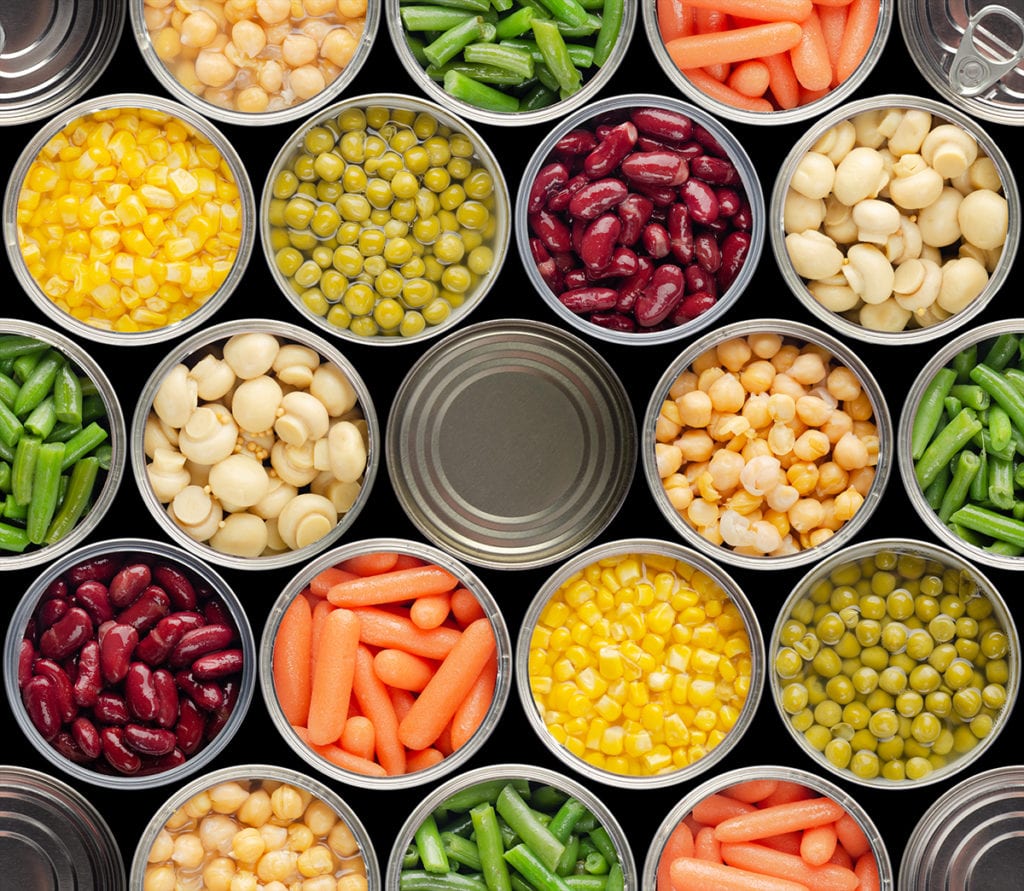A sustainable diet is more than just a trend for the new decade. For example, did you know that making the choice to eat more a sustainable diet is a mature decision that requires you to examine how your food choices affect the planet? Taking a hard look within your home and doing this analysis affects your health as you move, live, and breathe in the environment you help create. When making your shopping list and creating a diet that is both good for you and the world around, here are five factors you should consider.
1. Eat More Plant-Based Foods
One of the most impactful ways you can help support the environment with your diet is to limit how many meat products you consume and to instead incorporate more plant-based food into your diet. Animal products make a big impact on the environment, contributing to greenhouse emissions, taking up large masses of land, and consuming considerable quantities of water. Additionally, many plants are being used to feed livestock, which could instead go towards feeding the hungry and allowing people to build healthier diets. When purchasing plants, also consider pesticide use and breeding methods.
2. Consider Packaging and Production Methods
The way food is produced has a large impact on the environment, regardless of what type of food item it is. While a certain amount of energy and water is required for all types of food sold to and consumed by humans, highly processed items made via long supply chains attribute to about 18% of total food emissions. Choosing organic or raw food items and reducing your consumption of processed items increase efficiency. Additionally, the packaging to secure food items can cause waste buildup, especially when it uses nonrecyclable, nonbiodegradable materials.
3. Branch Out and Eat New Foods
Eating the same items all the time is not good for your gut or the earth. Foods that are heavily consumed in large amounts can put a toll on the environment as these resources are used in surplus while other items to waste. For instance, only eating chicken and not branching out to other types of meats and seafood has an impact, especially when large percentages of the population are relying on these same foods. Give your palate a treat and add new foods you don’t normally eat to your diet.
4. Shop Locally
Even if you buy plenty of plant-based foods and avoid processed items, buying too many imported goods also has a negative impact. For a more sustainable lifestyle, shop at your local farmer’s market or start a garden in your own backyard. While it is acceptable and even beneficial to still include some international food items in your diet, buy local when you can.
5. Reduce Food Waste
It goes without saying that wasting large amounts of food is the opposite of sustainability. If you are frequently buying too much food only to have to throw away items at the end of the week, come up with a strategy to buy only what you need. For produce, consider going to the store more frequently.There are many factors to consider when choosing foods that are eco-friendly in the way they are sourced and produced. Keep in mind these five factors as you plan and shop for your meals.
Have you had any success with a sustainable diet in your life? If so tell us your experience in the comment section below.



